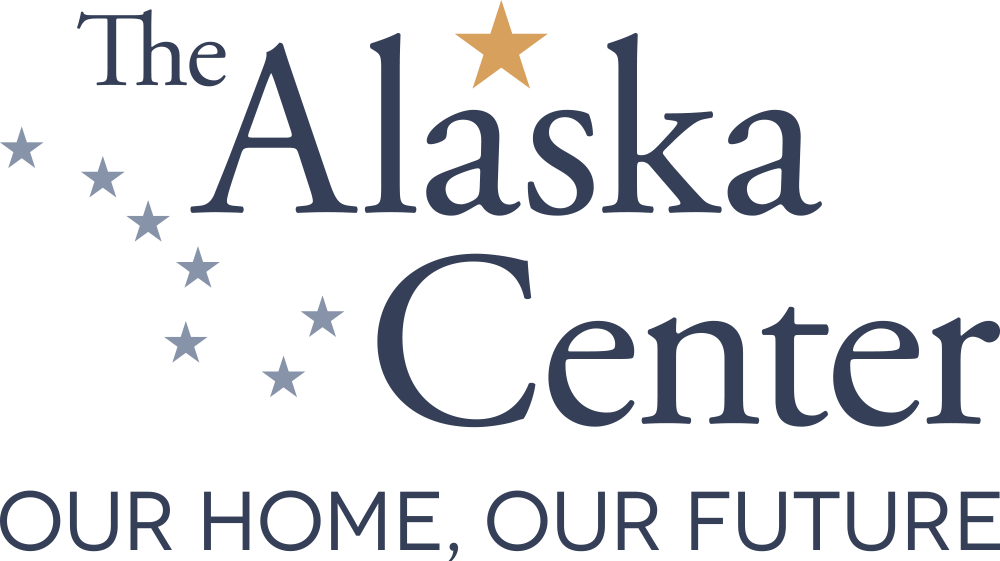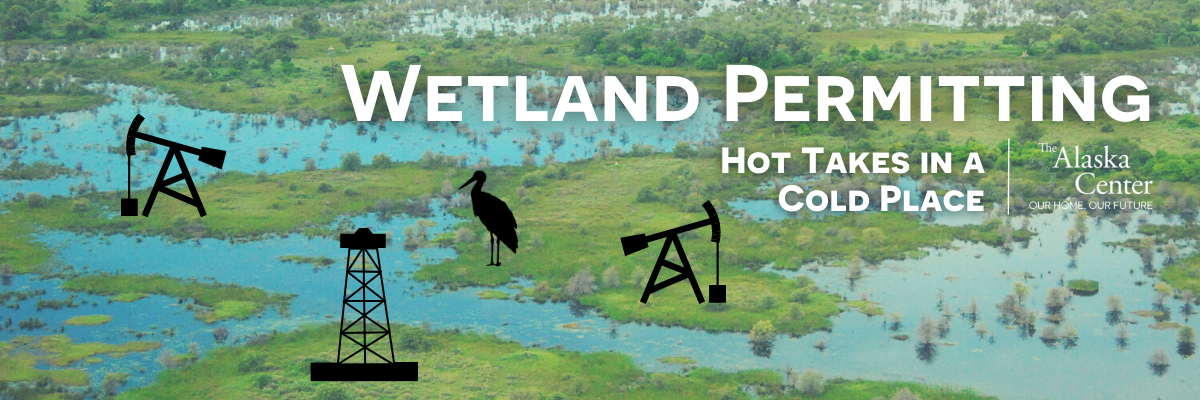The Dunleavy Administration is making a push in their budget proposal this year to take over wetland development permitting from the federal government. The proposed allocation of 4.9 million dollars in the Governor’s budget before the legislature would initiate a process where the state Department of Environmental Conservation (DEC) would assume “primacy” from the federal Environmental Protection Agency over permitting development activities that impact wetlands protected under section 404 of the Clean Water Act.
Well-functioning and intact wetlands are critical to the protection of salmon, especially in their early stages of life. Wetlands and peatlands also serve a climate-protecting function, a major force in earthly carbon sequestration. The Biden Administration will likely be expanding the protection of wetlands which was decreased under the Trump Administration.
There are downsides with the state primacy of wetland permitting. The cost and complexity of a wetland permitting program is the main factor why only three states out of fifty have assumed primacy. This year, Alaska’s fiscal situation, buoyed up by high oil prices and federal dollars, is not in the long-term position to attract and retain the 28 new full-time employees requested to administer the wetland permitting function or even ensure these positions have funding into the future. Indeed, DEC has seen some of the most aggressive budget cuts of all state agencies over the past decade. (None of this is to point out the blatant irony of our red-pen Governor proposing a budget growth to make the state pay for something that the Federal Government provides freely.)
The cozy relationship between industry and regulatory agencies in Alaska is another cause for concern. The current Commissioner of DEC used to lobby on behalf of the Pebble Mine project when he was a government relations staff for the Anglo-American mining company. Wetland permits are critical to large mining and other industrial operations, so putting this authority in a shop run by a mine promoter is, well, probably a pretty bad idea.
Under federal primacy, the EPA must conduct government-to-government consultation with Alaska Native Tribes regarding wetland permit decisions to seek input and mitigate impacts to the land and water on which Tribal members rely. Should the State of Alaska take over the wetland permitting program, Tribal consultation is not a legal requirement. For this reason alone, the legislature should scrap the state primacy proposal.
Our salmon runs are in a perilous state across much of Alaska. One outlier is Bristol Bay, where the rivers flow from millions of acres of intact wetlands, the beating heart of the largest and last greatest sockeye run on earth. The Dunleavy Administration, DEC, and mine promoters want state primacy over wetland permitting to streamline the industrialization of areas like the Bristol Bay watershed. Unable to prevail in the court of public opinion or with the Federal EPA, the Dunleavy Administration is now attempting an end-run around both to permit the Pebble Mine with a budget allocation that would put an enforcement agency in place more closely tied to big industrial concerns.
On Monday, March 14th, at 9 a.m., the Senate Finance Committee will hear from DEC on its wetland permitting primacy proposal. Tune in.
Share this Post

